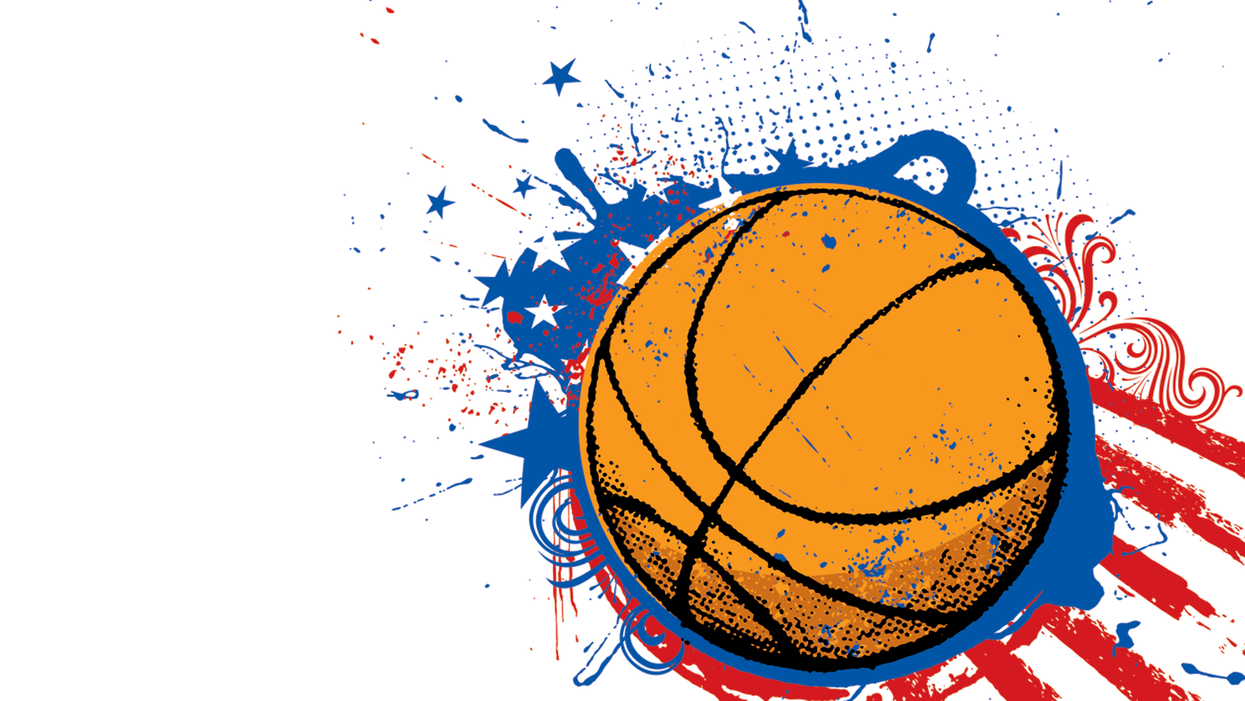It's down to the top two in the Money in Politics "region" of our reader-driven Democracy Madness tournament. Repealing the Supreme Court's 2013
Citizen United decision (No. 1) is taking on "dark money" disclosures (No. 2) for the championship in this quarter of our bracket.
Similar to an earlier bracket, ideas for bettering voting, the second seed has coasted its way into the finals, blowing out every opponent it came across. The top seed faced a couple of matchups that were a little tighter — but also didn't face any real challenges along the way.
Will the Money in Politics quarter of the draw deliver an upset in the championship round, which is what happened when ranked-choice voting and the National Popular Vote Interstate Compact got past higher-seeded ideas to earn the first births in our Democracy Madness Final Four? You decide.
Cast your vote by Thursday for the campaign finance reform you view as the single most important. Click the Vote Now button and take your pick.
We'll unveil our 16 "best of the rest" democracy reform proposals and start whittling them down next week.




















Trump & Hegseth gave Mark Kelly a huge 2028 gift